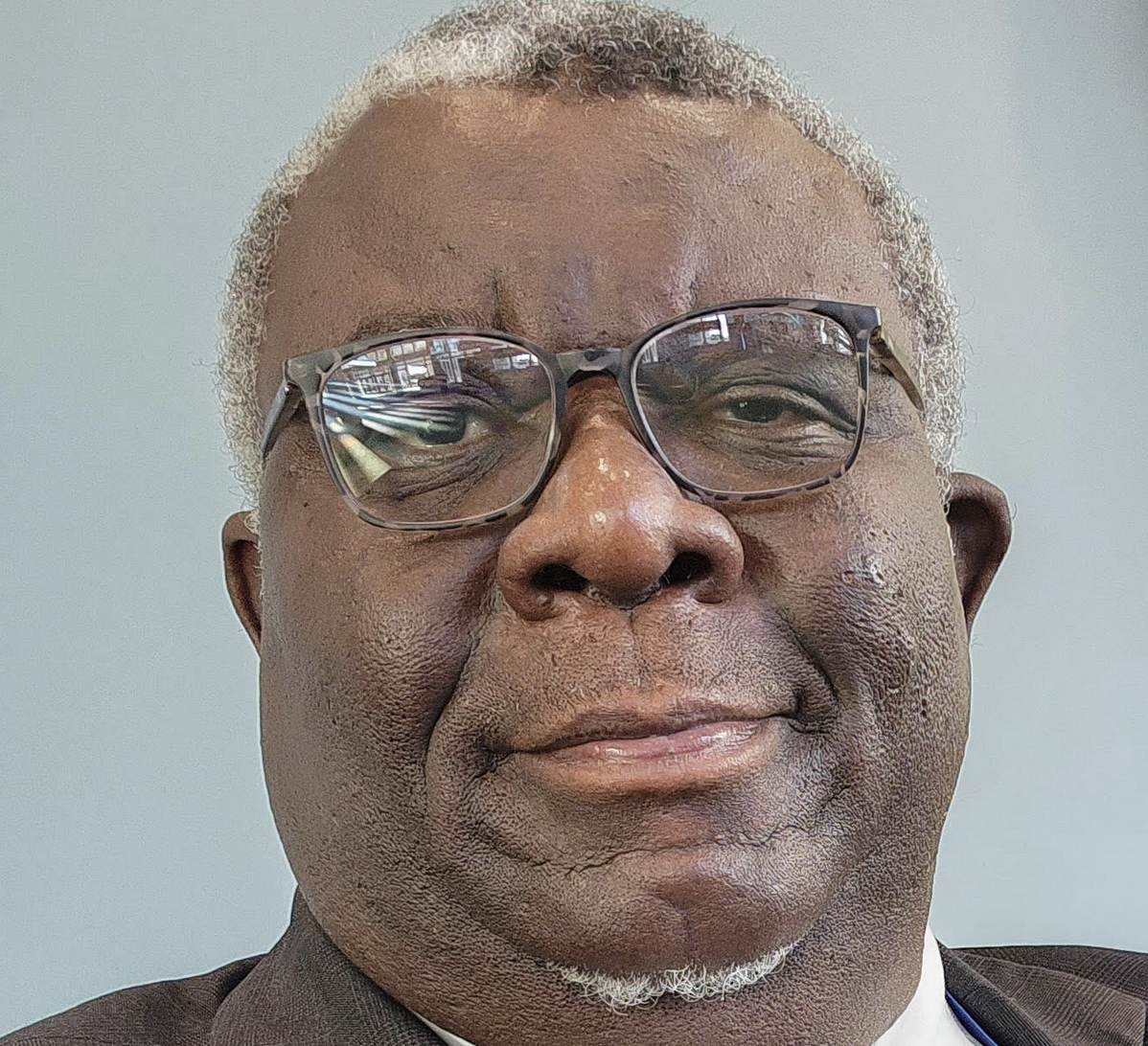Reproduced from Caribbean Trade Law and Development Website

Former Cuban President and leader of the 1959 Cuban Revolution, Fidel Castro Ruz, took leave of this earthly realm on November 25, 2016 at the age of 90. Coincidentally, his passing took place on the anniversary of the Granma’s departure from Mexico in 1959 to liberate Cuba. Despite the prevailing Washington narrative of […]






The blogmaster invites you to join the discussion.